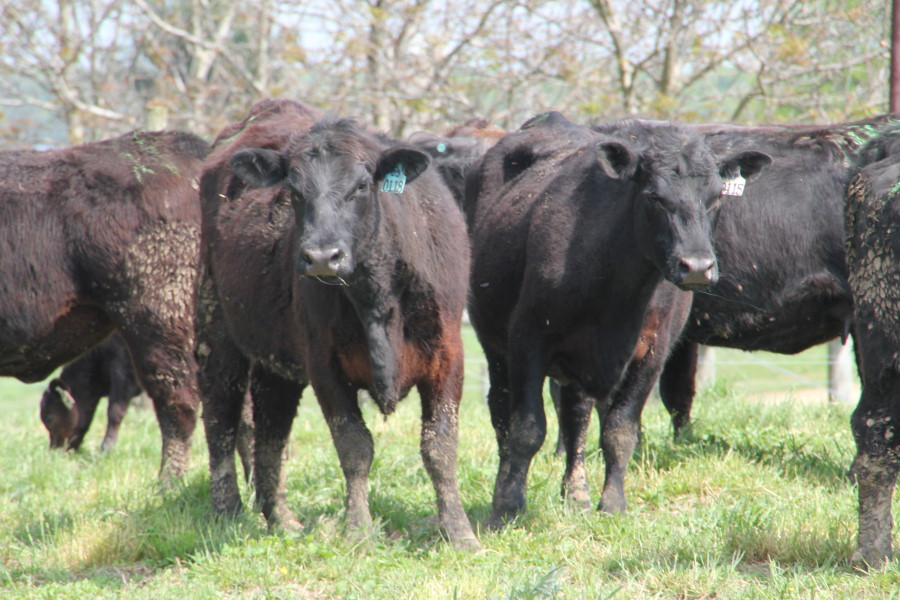
Agricultural News
OSU's Glenn Selk Says Dewormed Calves Get Head Start in the Feedlot
Fri, 18 Dec 2015 06:58:36 CST
 Cow-calf producers that are considering retained ownership of the calves through the feedlot may wish to consider deworming the calves before shipping. Research at Iowa State University (Source: Clark and co-workers. Professional Animal Scientist. 2015. Page 412.) indicates that internal parasite loads may affect calf performance and profitability in the feedlot. Calves were individually assessed for fecal egg counts upon arrival at the feedlot. They were divided into two groups that had "High" or "Low" initial fecal egg counts. All the calves were dewormed after the initial evaluation. The "High" group tended to have lower weight gain during the first 4 weeks, but no differences were found in overall rate of gain throughout the entire feeding period. More "High" calves were treated for illness and received more frequent re-treatment than the "Low" group. Therefore the treatment costs were 4 times higher for calves with "High" initial fecal egg counts than the "Low" calves.
Cow-calf producers that are considering retained ownership of the calves through the feedlot may wish to consider deworming the calves before shipping. Research at Iowa State University (Source: Clark and co-workers. Professional Animal Scientist. 2015. Page 412.) indicates that internal parasite loads may affect calf performance and profitability in the feedlot. Calves were individually assessed for fecal egg counts upon arrival at the feedlot. They were divided into two groups that had "High" or "Low" initial fecal egg counts. All the calves were dewormed after the initial evaluation. The "High" group tended to have lower weight gain during the first 4 weeks, but no differences were found in overall rate of gain throughout the entire feeding period. More "High" calves were treated for illness and received more frequent re-treatment than the "Low" group. Therefore the treatment costs were 4 times higher for calves with "High" initial fecal egg counts than the "Low" calves.
Initial parasite loads did not impact final carcass weight or yield grade, but back fat and marbling scores were lower for "High" than "Low" calves. Increased marbling scores often translate to higher quality grades and higher carcass values when sold on a grid. This data suggests that cow-calf producers that retain ownership through the feedlot would benefit from deworming the calves before sending them to feedlot. Likewise, producers who routinely sell to repeat customers may find that the dewormed calves will be popular with the cattle feeder that sees lower treatment costs and higher grading carcasses when sold.
source- Dr. Glenn Selk, Oklahoma State University Emeritus Extension Animal Scientist
WebReadyTM Powered by WireReady® NSI
Top Agricultural News
More Headlines...




















